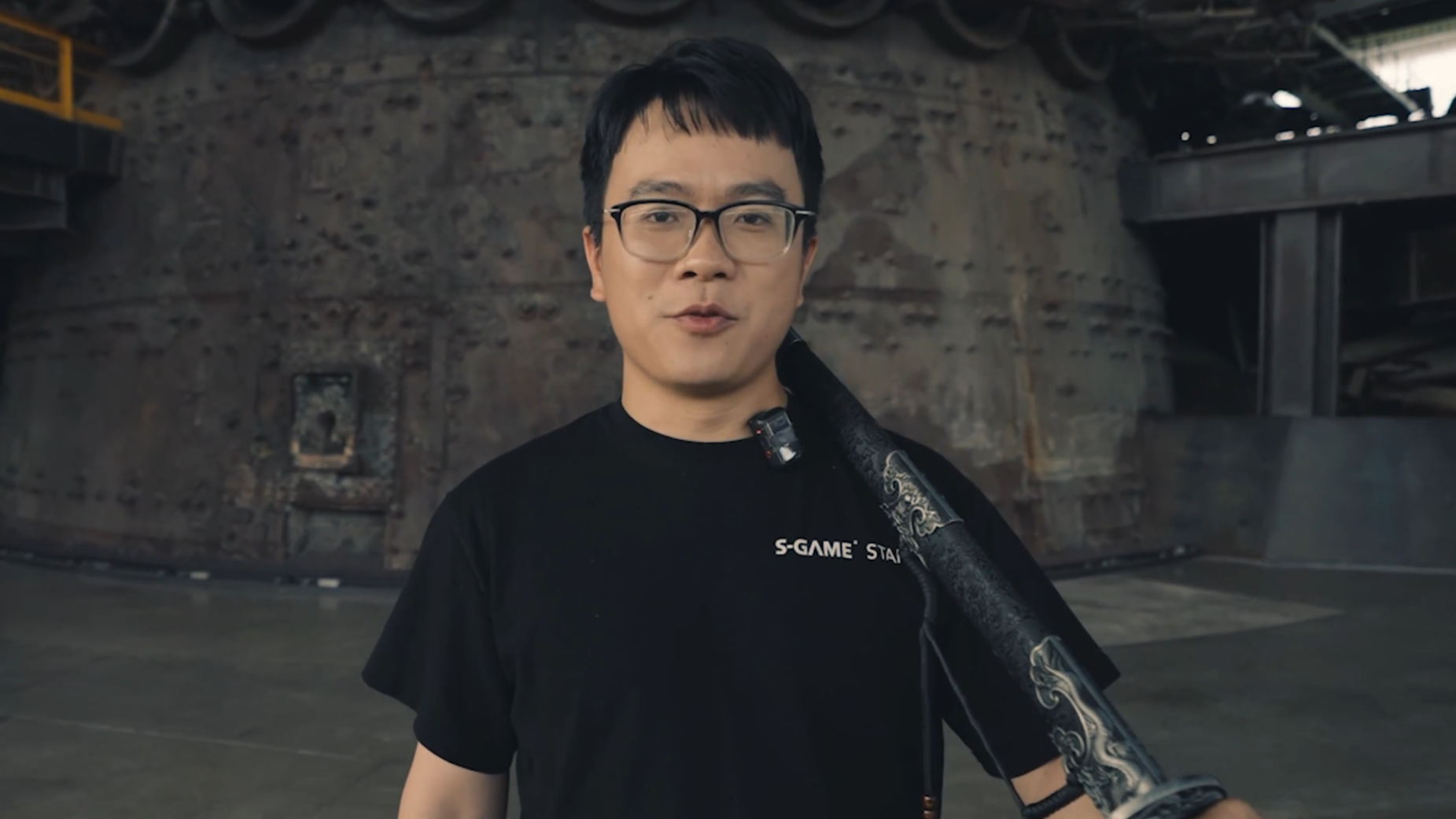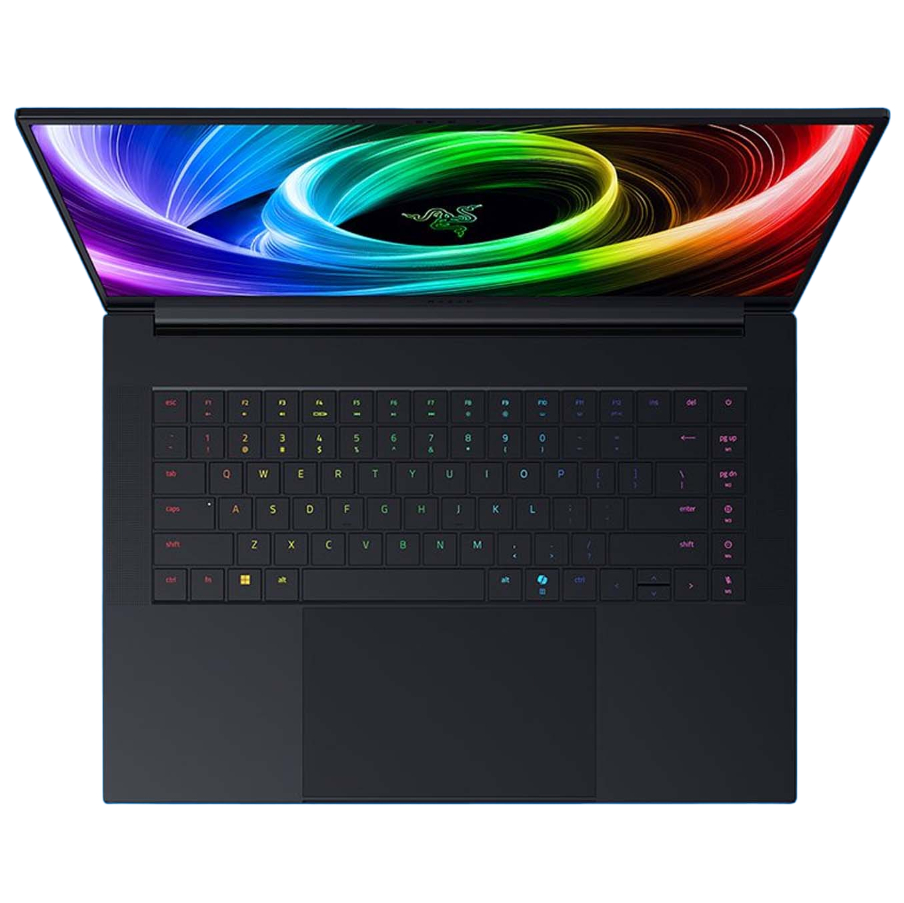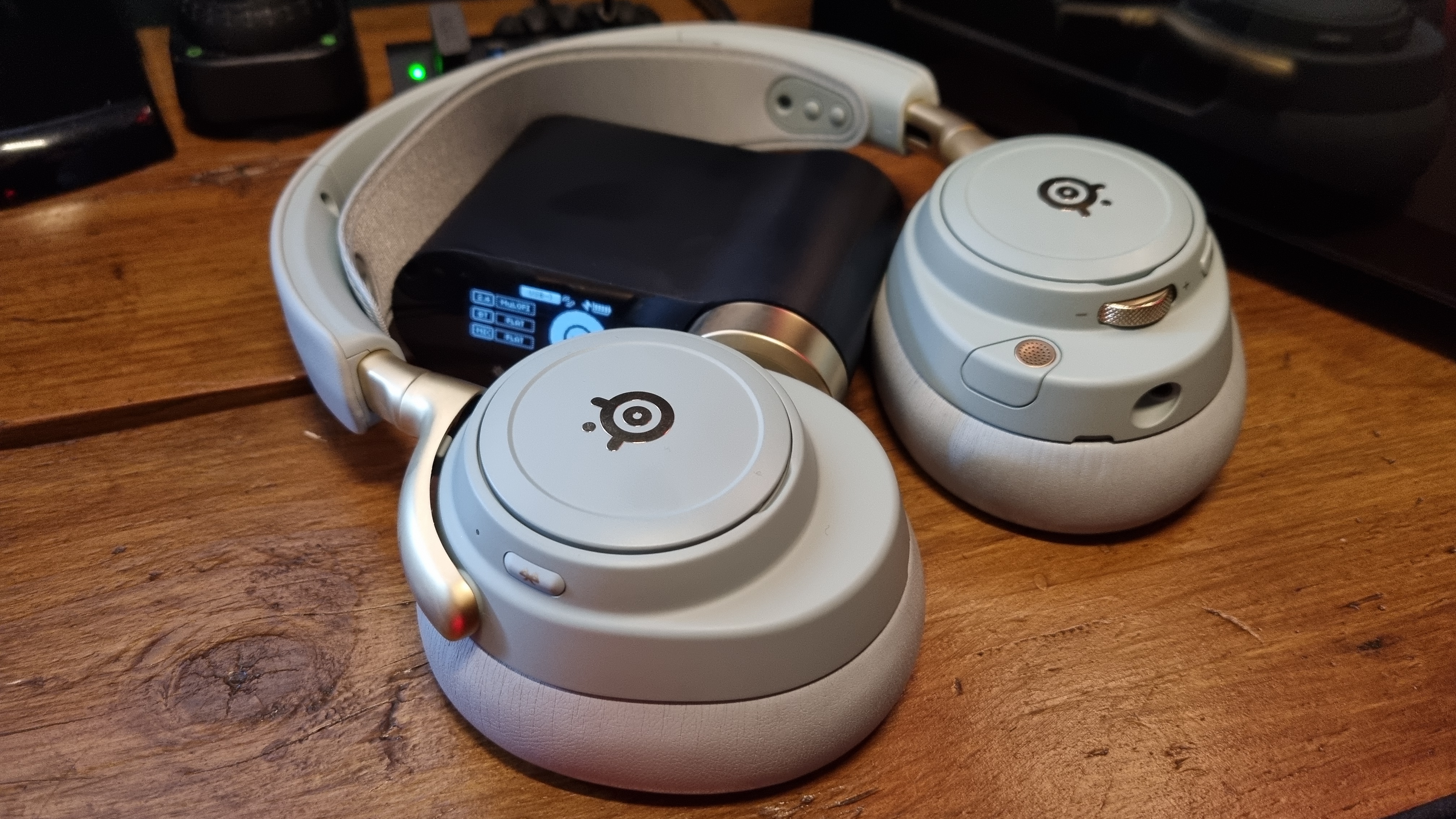In 15 years of interviewing AAA game developers, I think this is the first time one's straight up told me 'Many people make games for money, but we make money for games'
Well, there it is.

Keep up to date with the most important stories and the best deals, as picked by the PC Gamer team.
You are now subscribed
Your newsletter sign-up was successful
Want to add more newsletters?

Every Friday
GamesRadar+
Your weekly update on everything you could ever want to know about the games you already love, games we know you're going to love in the near future, and tales from the communities that surround them.

Every Thursday
GTA 6 O'clock
Our special GTA 6 newsletter, with breaking news, insider info, and rumor analysis from the award-winning GTA 6 O'clock experts.

Every Friday
Knowledge
From the creators of Edge: A weekly videogame industry newsletter with analysis from expert writers, guidance from professionals, and insight into what's on the horizon.

Every Thursday
The Setup
Hardware nerds unite, sign up to our free tech newsletter for a weekly digest of the hottest new tech, the latest gadgets on the test bench, and much more.

Every Wednesday
Switch 2 Spotlight
Sign up to our new Switch 2 newsletter, where we bring you the latest talking points on Nintendo's new console each week, bring you up to date on the news, and recommend what games to play.

Every Saturday
The Watchlist
Subscribe for a weekly digest of the movie and TV news that matters, direct to your inbox. From first-look trailers, interviews, reviews and explainers, we've got you covered.

Once a month
SFX
Get sneak previews, exclusive competitions and details of special events each month!
I don't think you can go by a nom-de-plume like "Soulframe" without really, really loving videogames.
More than a decade before Digital Extremes started cooking up its Warframe sequel, young Chinese architecture student Qiwei Liang came up with the name as his internet handle, and has been using it ever since. It lasted through his stint as a grad student at Yale and his return to China after his first game, built in RPG Maker, racked up four million downloads—enough to convince him maybe games were his future rather than architecture.
And he's still using the name today, even as the CEO of the 100-person dev studio making Phantom Blade Zero. I went to Beijing to play the game and speak with Liang about its development, which he said was "always the end goal" even as he started out with a tiny team making mobile games.
"When I finished my second RPG, I actually got an offer from an architecture office in New York, but I came back to China for a holiday and saw that there seemed to be a trend—the Chinese gaming industry was emerging," Liang said. "I felt that might be a big opportunity. Then I met my first investor, and they supported us to start a very small studio in China. So I had to reject my offer from the New York office, and packed overnight and flew back to China."
Liang's studio started with the sidescrolling action game Rain Blood Chronicles: Mirage before releasing the action RPG Phantom Blade: Executioners in China across PC, consoles, and mobile. But he said that making a big action game like Phantom Blade Zero was always the end goal. "That scale, sidescrolling and with kung fu movements and skills, while also cool, I would say was not enough," he said. "I am proud of them, but it's not enough to express my idea of building this Phantom world."
I told Liang that his comparison brought to mind Larian's trajectory from the Divinity: Original Sin games to Baldur's Gate 3, where the greater scope and production value with cutscenes and voice acting helped propel the studio to a new tier of success. He was nodding along as I spoke.
"Yeah—many people are making games for money, but we make money for games," he said with a chuckle. "We made money from the mobile market, and then we think, at first, that we'll have to make this game without any support from investors, so we put all of our money from the mobile games into Phantom Blade Zero."
Keep up to date with the most important stories and the best deals, as picked by the PC Gamer team.
In the hundreds of interviews I've done over the years, I don't think I can recall another time a big budget game developer—let alone a CEO—so casually said that the game matters more than the money. I don't think it's a rare sentiment, though: Game development is hard, and almost everyone who does it for a living is clearly driven by their love for games.
But every time another CEO or studio head of a profitable company justifies mass layoffs to "rationalize their pipeline" or "position the company and teams for success in a dynamic marketplace" or whatever, I'll remember that there really are some people in charge of big games who don't think or talk that way.
After first expecting to entirely self-fund a smaller scale version of Phantom Blade Zero, S-Game later got an investment from Tencent to make it a bigger game, though the studio remains in control of both development and publishing. Liang also brought up this year's Clair Obscur: Expedition 33 as an example of the kind of game he hopes to deliver himself.
"When I played Expedition 33, it reminded me of Final Fantasy 10, because I lived in that era," he said. "I always say I'd love to bring back some vibes from the PlayStation 1 and PlayStation 2 era, when games were not so big but were created by creative creators. These kinds of games are really rare nowadays, something like Expedition 33. We wish our game will also be something that can express our ideas and is well polished. It may not be the biggest game in the industry. Doesn't have to be. But I wish it can present our very honest heart."

👉Check out our list of guides👈
1. Best gaming laptop: Razer Blade 16
2. Best gaming PC: HP Omen 35L
3. Best handheld gaming PC: Lenovo Legion Go S SteamOS ed.
4. Best mini PC: Minisforum AtomMan G7 PT
5. Best VR headset: Meta Quest 3

Wes has been covering games and hardware for more than 10 years, first at tech sites like The Wirecutter and Tested before joining the PC Gamer team in 2014. Wes plays a little bit of everything, but he'll always jump at the chance to cover emulation and Japanese games.
When he's not obsessively optimizing and re-optimizing a tangle of conveyor belts in Satisfactory (it's really becoming a problem), he's probably playing a 20-year-old Final Fantasy or some opaque ASCII roguelike. With a focus on writing and editing features, he seeks out personal stories and in-depth histories from the corners of PC gaming and its niche communities. 50% pizza by volume (deep dish, to be specific).
You must confirm your public display name before commenting
Please logout and then login again, you will then be prompted to enter your display name.


